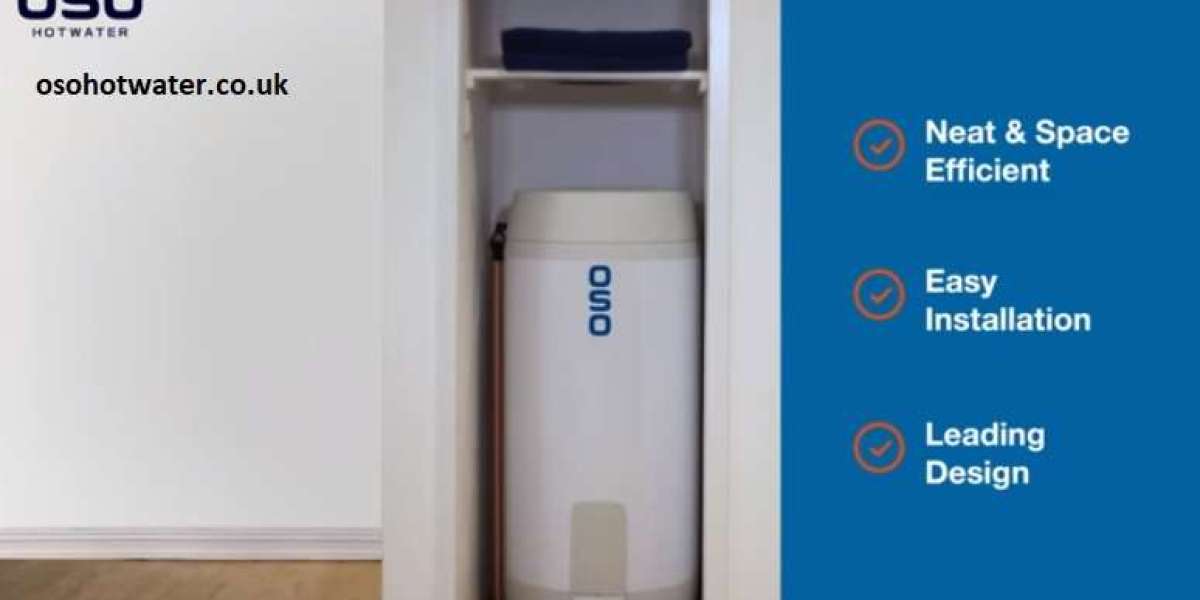If you want a continuous supply of hot water for your house or company, what will you do? Of course, arranging for hot water cylinders ought to be your priority. You can have either direct or indirect cylinders to get hot water, each offering a variety of applications and benefits. You can make better selections about your water heating needs if you are aware of the difference between these systems. Here is a quick look at the same.
Direct hot water cylinders
The process of heating water in a direct hot water cylinder is easy and uncomplicated. Using an immersion heater and an electric element immersed in water is all you need for this purpose. The heater will heat the water when you turn it on. A reliable and fast supply of hot water is what you get as a result.
Here are some noteworthy aspects of this cylinder.
A direct hot water cylinder is beneficial due to its ease of installation and simplicity.
- These cylinders are usually less expensive since they don't need an extra heat source, like a boiler.
- It is also a good option for houses without a gas supply or those looking for a solo hot water solution.
A direct hot water cylinder has its respective limitations. In most cases, it uses more energy than its indirect alternative. This is because to heat the water, the immersion heater can use more power. Hot water could also cause direct cylinders to take more time to reheat. Meeting high-demand times may slow down as a result.
Indirect hot water cylinder
Central heating systems are compatible with an indirect hot water cylinder. It consists of a boiler or some other heat source. The water within the cylinder heats up indirectly via a heat exchanger or coil. Usually, they employ gas or renewable energy systems as two possible heat sources.
Here are some essential points about an indirect hot water cylinder that you should know.
- The main benefit of indirect cylinders is the energy they save.
- Another advantage of an indirect hot water cylinder is its consistent and steady hot water supply.
- This quality also makes it a good fit for houses that use a lot of hot water.
- These hot water cylinders can reheat water rapidly in response to fluctuations in demand.
- Repairs and maintenance may be more straightforward due to the heating source's separation from the cylinder.
To sum up, an indirect hot water cylinder is more versatile and efficient with energy, whereas a direct hot water cylinder is more accessible and cheaper. To guarantee a dependable and adequate hot water supply, it is essential to carefully evaluate individual needs and preferences while making an educated selection.
Summary: You need to examine several aspects while deciding between the two types of hot water cylinders. Prominent of these points include the heating system required, energy efficiency targets, and available funds. Hence, whether you buy a direct hot water cylinder or opt to invest in an indirect hot water cylinder, knowledge about its pros and cons is important.



